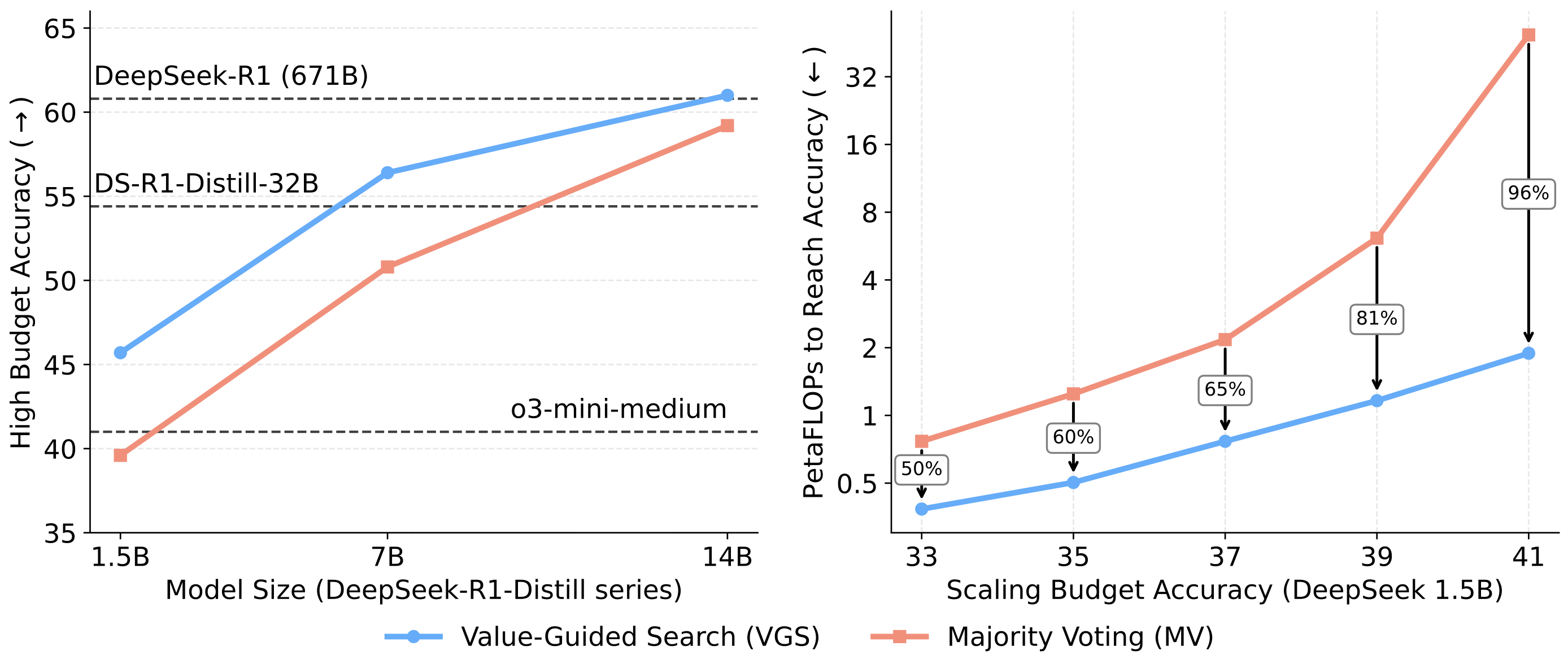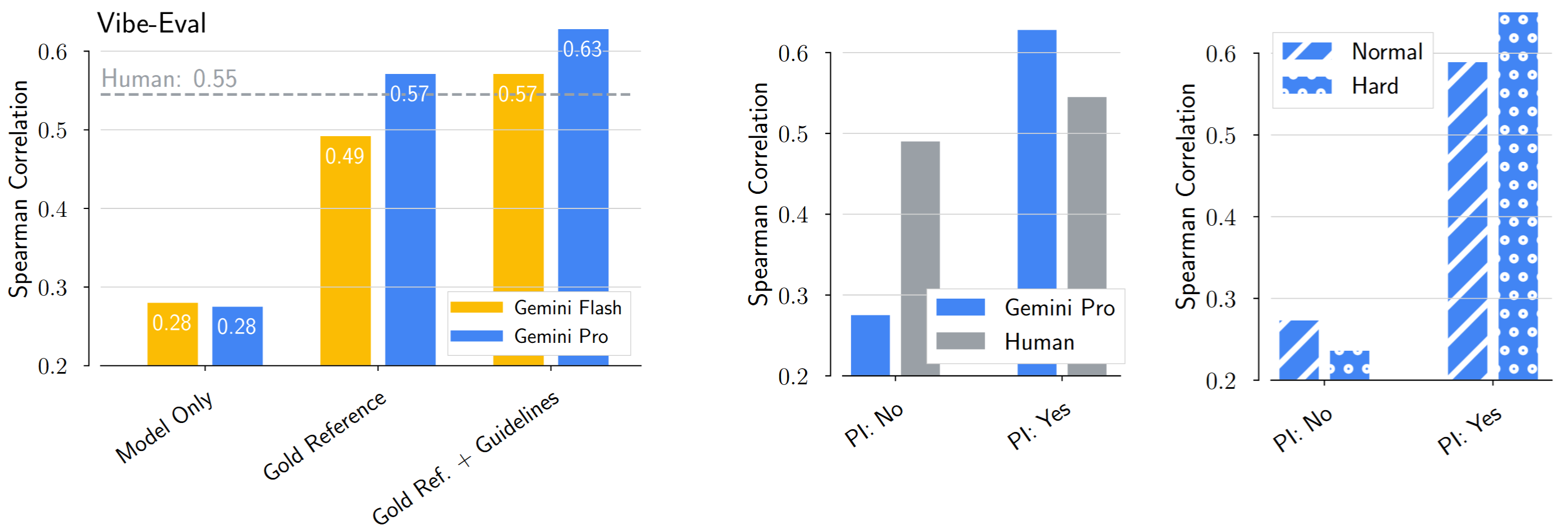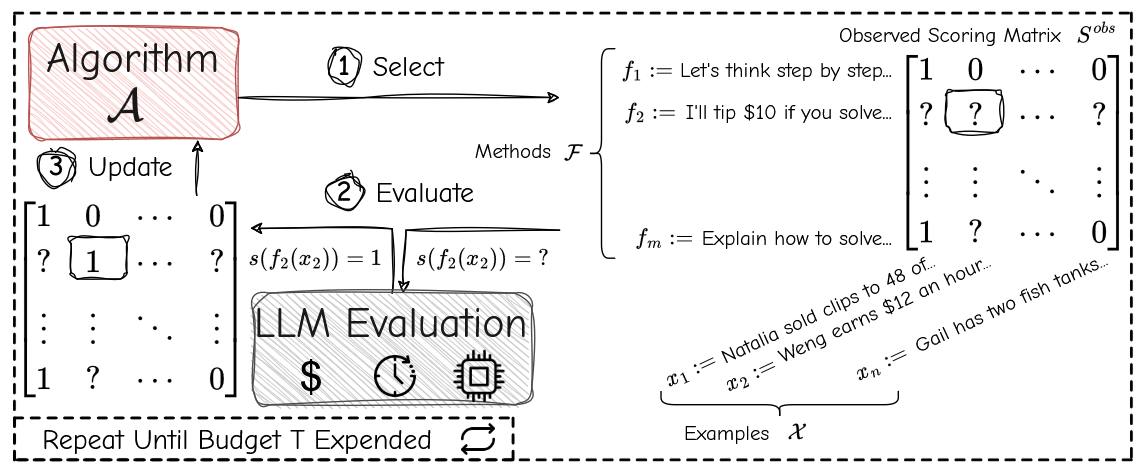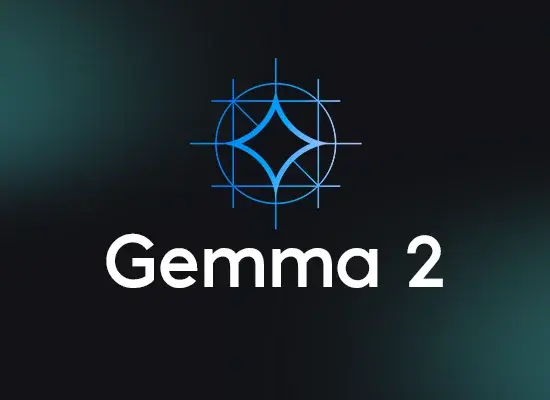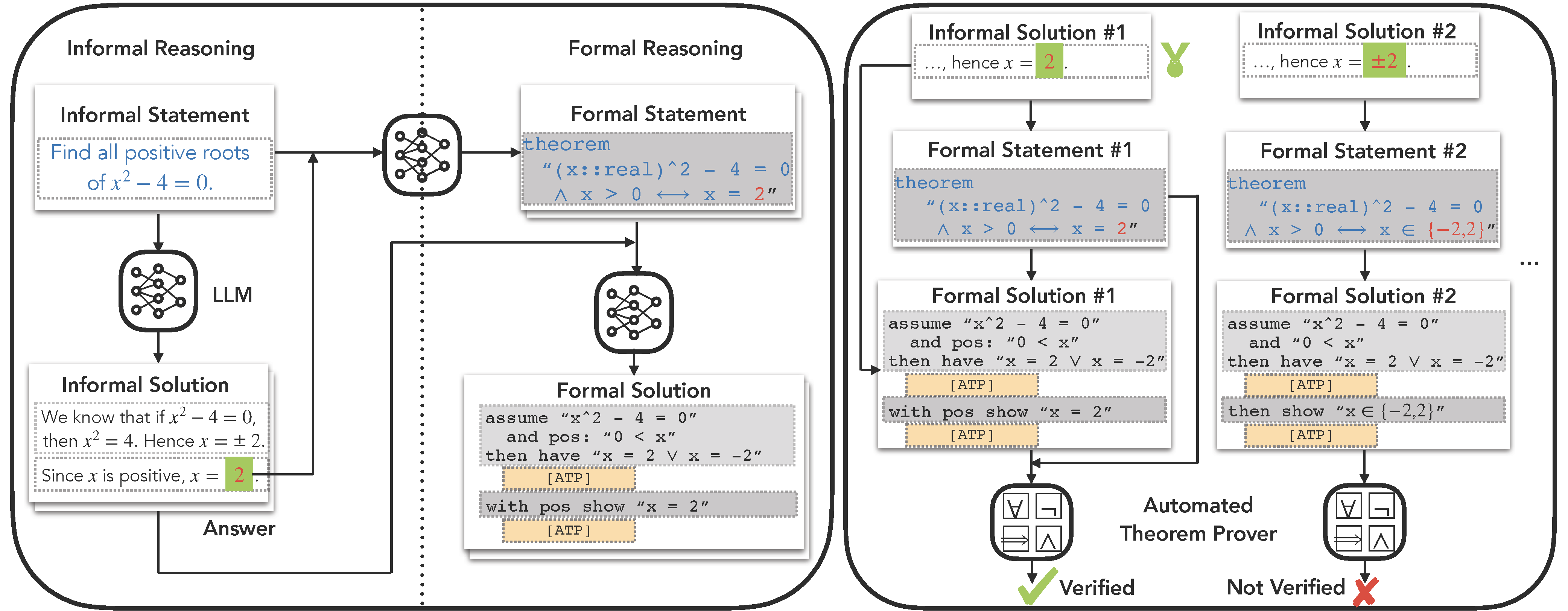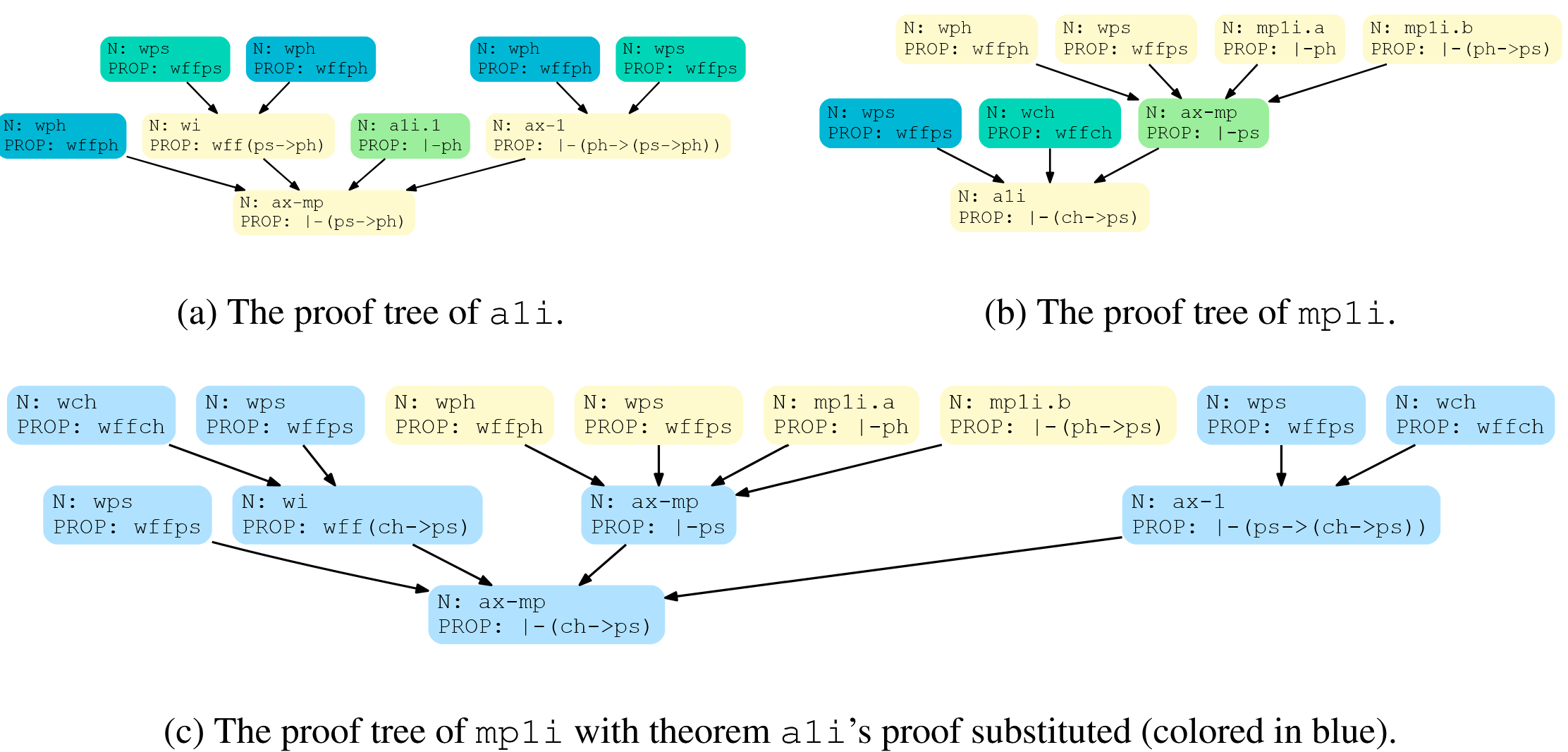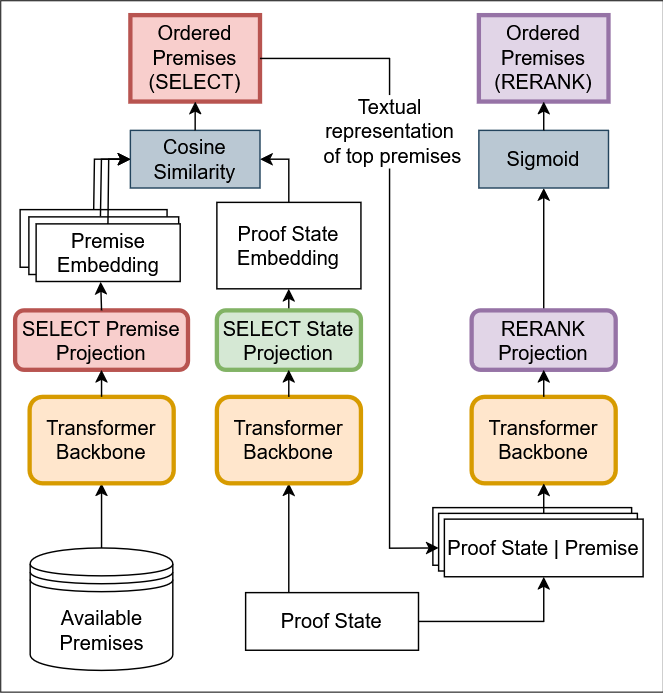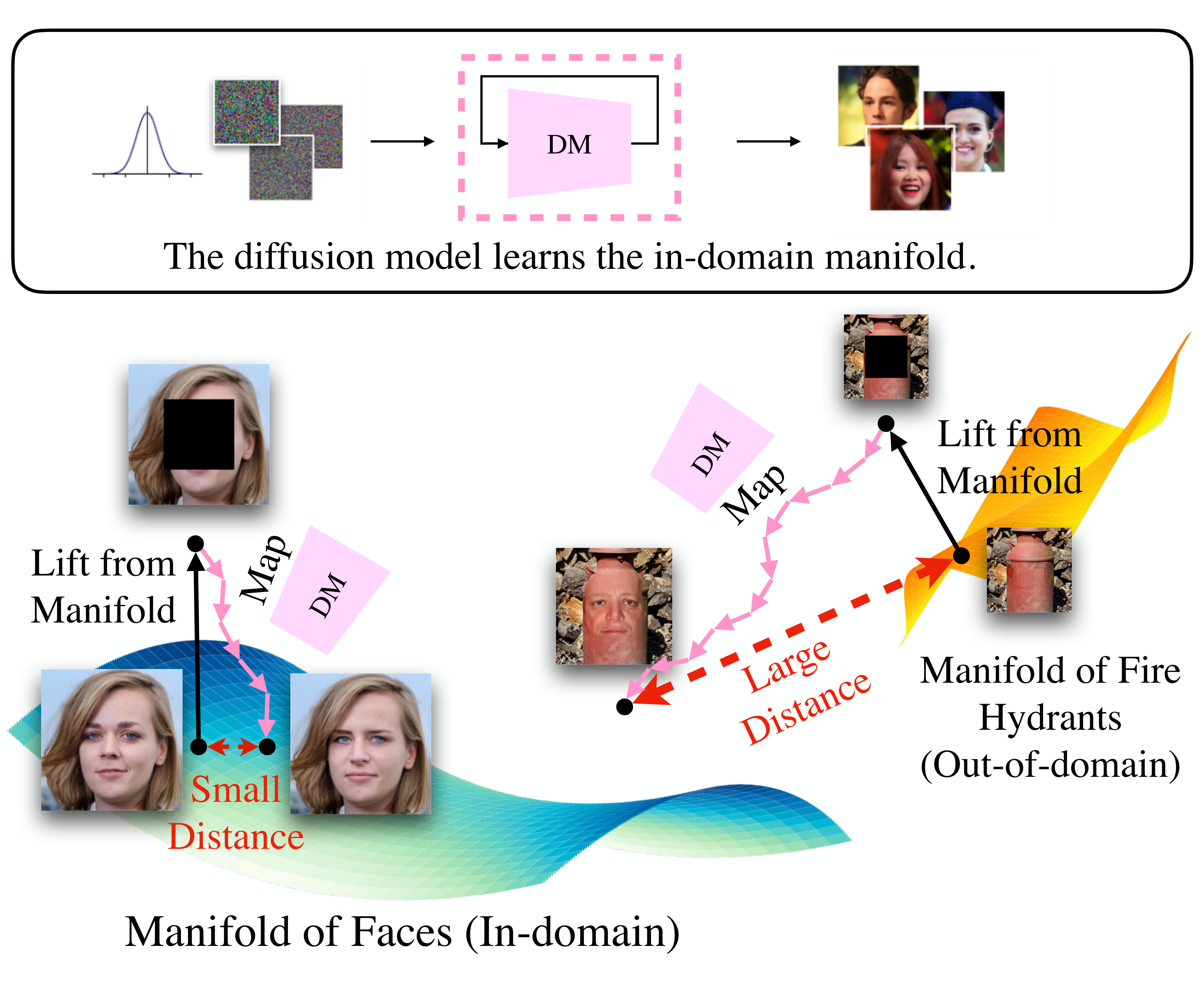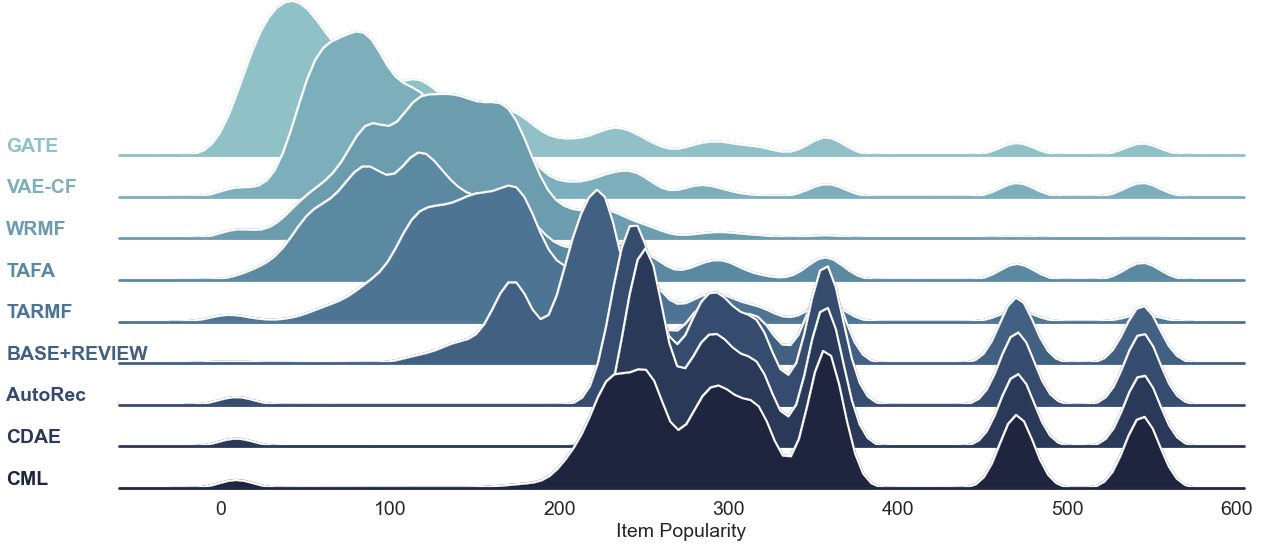About Me
I’m a 5th-year CS PhD student at Cornell University, advised by Prof. Kilian Weinberger and Wen Sun. My research focuses on LLMs for math reasoning and theorem proving, efficient LLM evaluation, and RLHF for personalization and mitigating hallucinations. I graduated from the University of Toronto’s Engineering Science program (Machine Intelligence option), where I completed my thesis with Prof. Roger Grosse and was fortunate to have worked with Prof. Nicolas Papernot and Scott Sanner.
During my PhD, I’ve had a lot of fun interning at Meta (MSL), Google DeepMind (with Seb Arnold and Fei Sha), and Google Research (with Yuhuai Wu and Christian Szegedy). I am supported by an NSERC CGS-D Fellowship, Cornell University Fellowship and NSF NAIRR Pilot Award.
News
Selected Papers

